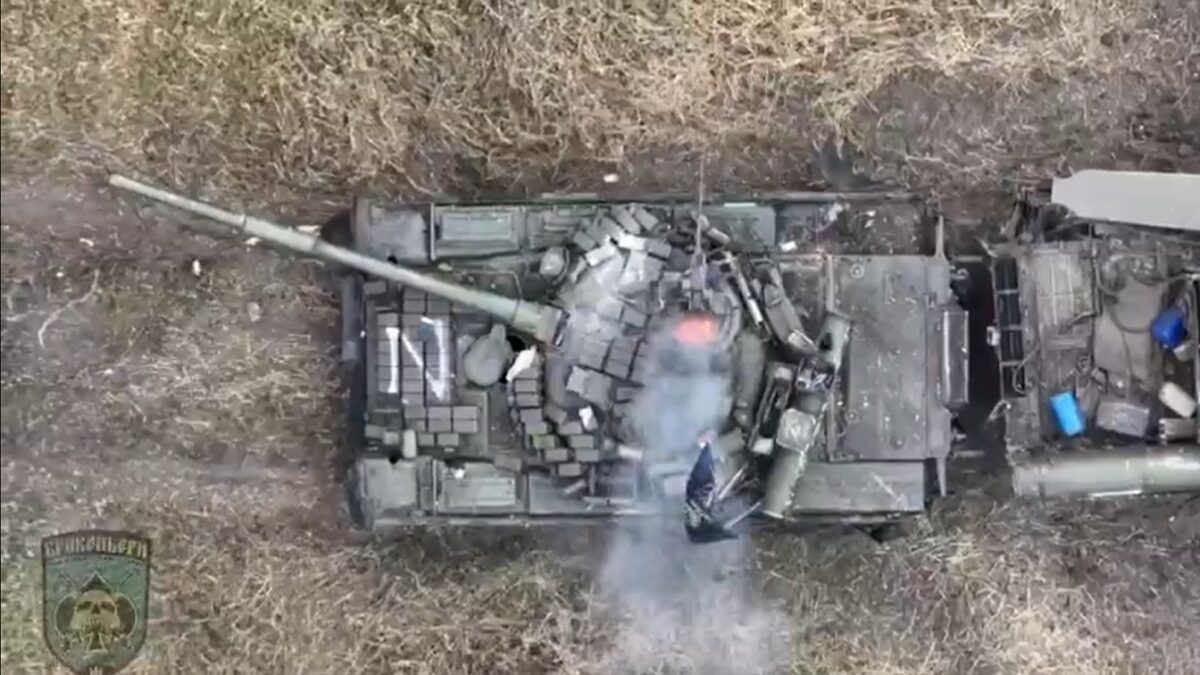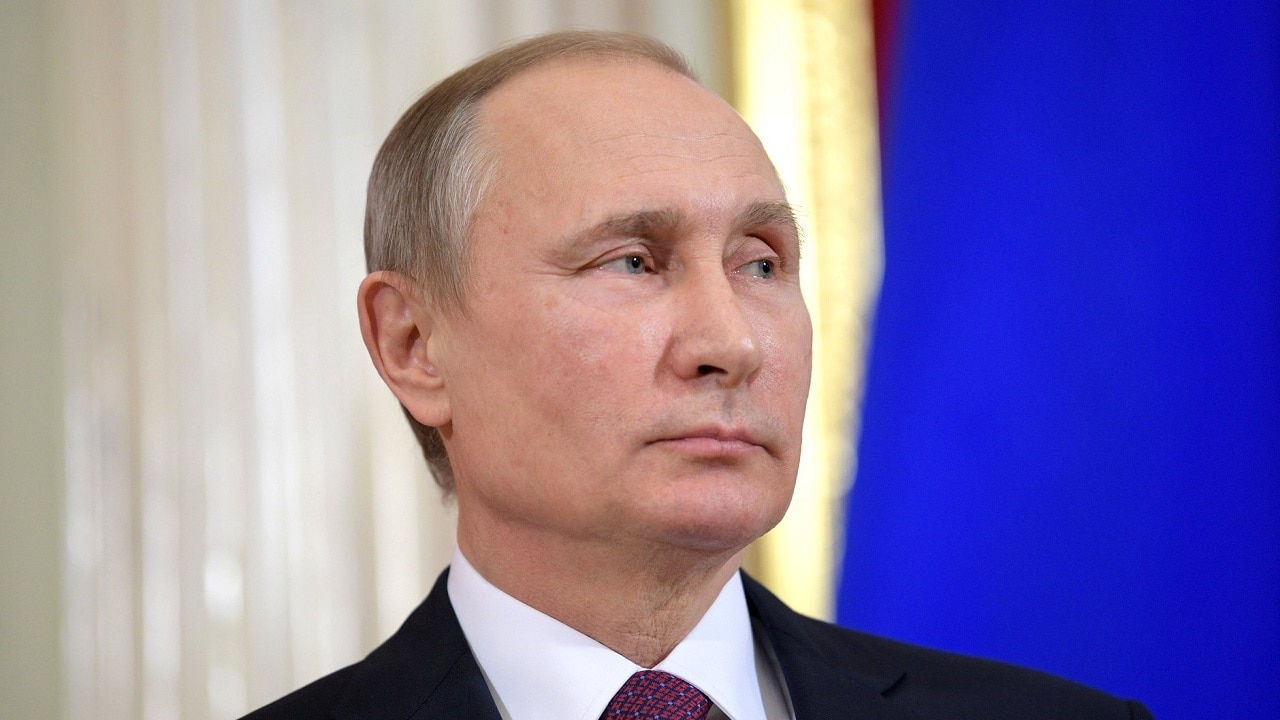More Than 1,300 Russian Protesters Arrested As Putin Escalates War – More than 1,300 Russian protesters were detained earlier this week as rallies rage across Russia. In the capital city of Moscow, hundreds of people gathered on Wednesday following Russian President Vladimir Putin’s announcement of a “partial mobilization” of the military to Ukraine.
Protesters chanted “no war!” and others called for Putin to be sent into the trenches with the soldiers, according to reports by The Moscow Times. Photographs shared by the Russian news outlet showed how anti-war protesters were dragged away by police officers and pinned to the ground and arrested.
OVD-Info, a human rights watchdog, revealed how at least 1,252 people were arrested from 38 cities across Russia as of Wednesday. By Friday, the figure had risen to 1,348, and the OVD-Info website also revealed that 10 political criminal court cases were taking place over the next week.
Russia’s Interior Ministry responded to the arrests, describing “additional measures” that have been taken to respond to the anti-Putin protests.
“In a number of regions, attempts were made to carry out unauthorized actions, which gathered an extremely small number of participants. All of them were stopped, and the persons who committed offenses were detained and taken to the territorial police units for investigation and prosecution,” a statement reads.
Video footage shared online showed the scale of the protests all over the country, which ranged from small and peaceful protests by older residents to larger protests from younger activists.
One video showed peaceful protesters in Russian-occupied Snihurivka, in the Mykolaiv region, gathering and holding Ukrainian flags.
“We, the people of [Russia-occupied] Snihurivka [Mykolaiv region], have gathered to protest against the illegal referendum. Snihurivka has always been Ukraine. We’ve never wanted to join Russia and we won’t” pic.twitter.com/LzX4NnO4XU
— Myroslava Petsa (@myroslavapetsa) September 23, 2022
Other videos showed people marching through cities and chanting “no to war!”
WATCH: Large protests in Russia against Putin’s attempt to call up 300,000 more soldiers for his failing invasion of Ukraine.
They’re chanting “no to war.”
— Tristan Snell (@TristanSnell) September 21, 2022
Advice for Detainees in Russia
The OVD-Info website also offers advice for detainees on how to protect themselves in the event they are arrested. On the “Instruction of the ideal detainee” page, the human rights organizations says that the first rule is to “try to avoid detention.”
“If this does happen, the second rule is to remain icy calm. And the third rule is to know what exactly awaits you and how to defend your rights,” the page reads.
In most cases, the organization says, most things will go smoothly. The detainees will be taken away in a “paddy wagon” and after spending around three hours in the police station filling out paperwork, many people will be allowed to go free. But in sOme cases where this doesn’t happen, detainees are advised not to get aggressive or raise their voices.
“An aggressive tone, a raised voice, and complaints about violating every, even the most minor, rules can create even more problems for you. It is no coincidence that we called our guide the ‘Instruction of the Ideal Detainee’ – the reality is far from ideals, and even further from them is the behavior of police officers,” the page continues.

A Russian tank under attack by a drone from Ukraine. Image Credit: YouTube/Ukrainian military.
“Knowing the laws and demanding their observance is important and necessary, but in a stressful and dangerous situation, there is nothing more important than common sense.”
Jack Buckby is a British author, counter-extremism researcher, and journalist based in New York. Reporting on the U.K., Europe, and the U.S., he works to analyze and understand left-wing and right-wing radicalization, and reports on Western governments’ approaches to the pressing issues of today. His books and research papers explore these themes and propose pragmatic solutions to our increasingly polarized society.

